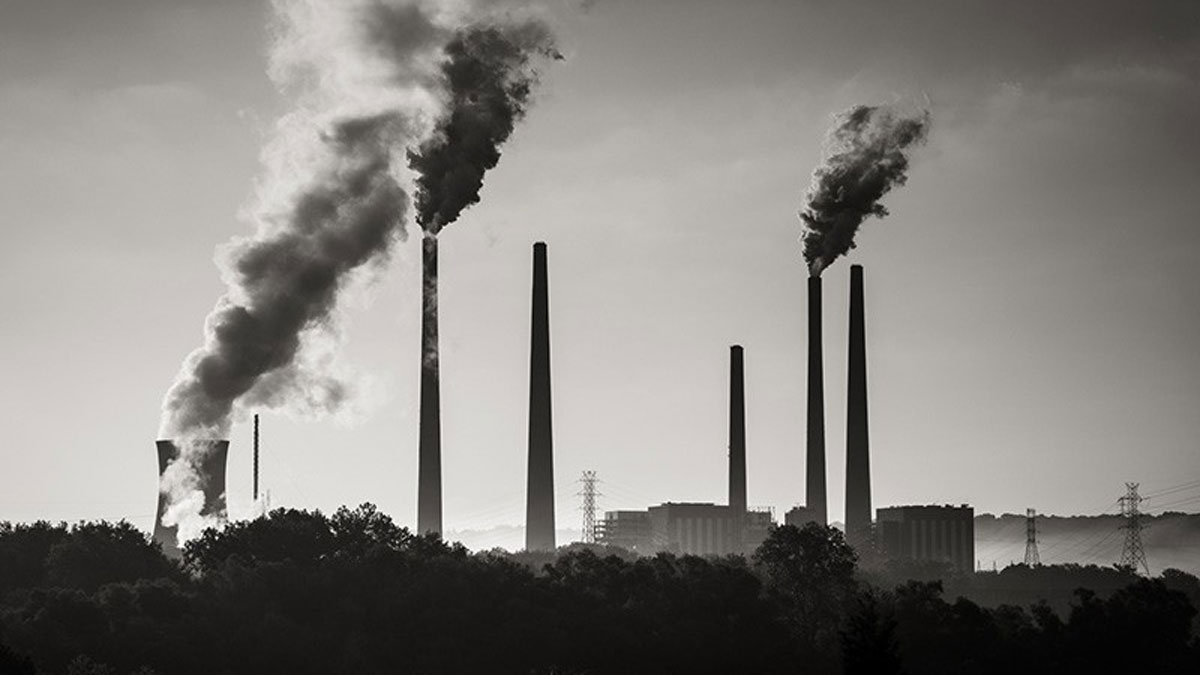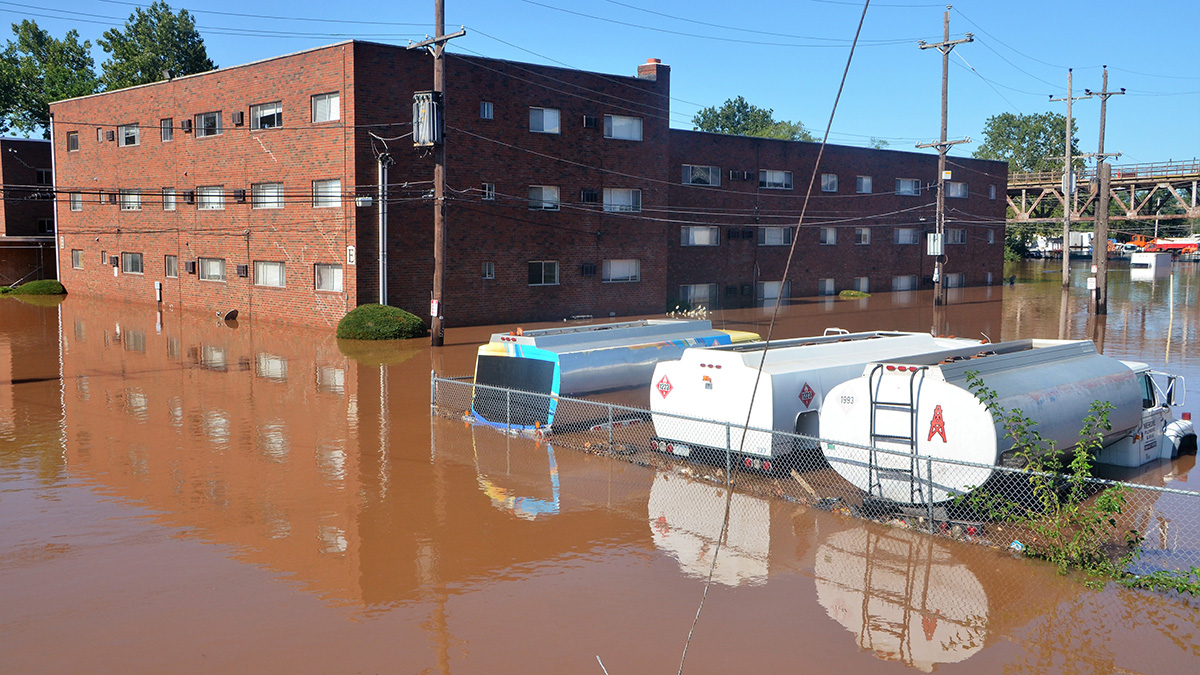Climate models could be vastly underestimating methane emissions from the world’s tropical wetlands, according to observational surveys of wetlands in Zambia.
Rachel Fritts
Rachel Fritts is a science writer specializing in ecology, sustainability, and Earth science. Her work has appeared in a number of publications, including Ars Technica, Science News, Science, Mongabay, and Hakai Magazine. She also writes scripts about evolution for the PBS Digital Studios channel Eons. Rachel is currently completing a master’s degree in science writing at the Massachusetts Institute of Technology.
Toxic “Forever Chemicals” Accumulate Above the Water Table
PFAS pose a public health risk, but there are major gaps in our knowledge of how these chemicals move through the ground.
El cambio climático podría cambiar el perfil patogénico de las enfermedades diarreicas
Una enfermedad causada por rotavirus podría disminuir a medida que aumenta la temperatura, mientras que las condiciones más húmedas podrían favorecer a algunos competidores bacterianos.
Living near Fumigant-Using Farms Could Increase Cancer Risk
Analysis of data from 11 western U.S. states found higher cancer rates in people living in areas with elevated gas-based pest control.
Cuantificando los beneficios para la salud de una transición a energías limpias en EE. UU.
Eliminar la contaminación del aire relacionada con la energía en los Estados Unidos podría evitar aproximadamente 50,000 muertes prematuras y ahorrar miles de millones de dólares al año.
Algorithm Detects Thousands of Missing Levees from U.S. Database
An existing levee database accounts for just one fifth of the country’s actual total levee count, limiting the study of how these embankments affect riparian ecosystem health in the United States.
Higher Lead Concentrations Found in Diseased Bones
Researchers compared trace element concentrations in patients with and without osteoporosis, finding possible differences in bone geochemistry between the groups.
Quantifying the Health Benefits of a U.S. Clean Energy Transition
Eliminating energy-related air pollution in the United States could prevent roughly 50,000 premature deaths and save billions of dollars per year.
More Frequent El Niño Events Predicted by 2040
Cutting-edge models predict that El Niño frequency will increase within 2 decades because of climate change, regardless of emissions mitigation efforts.










